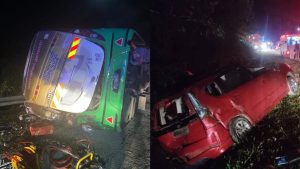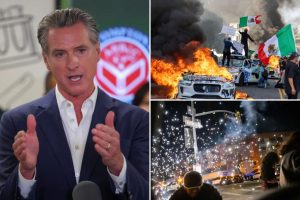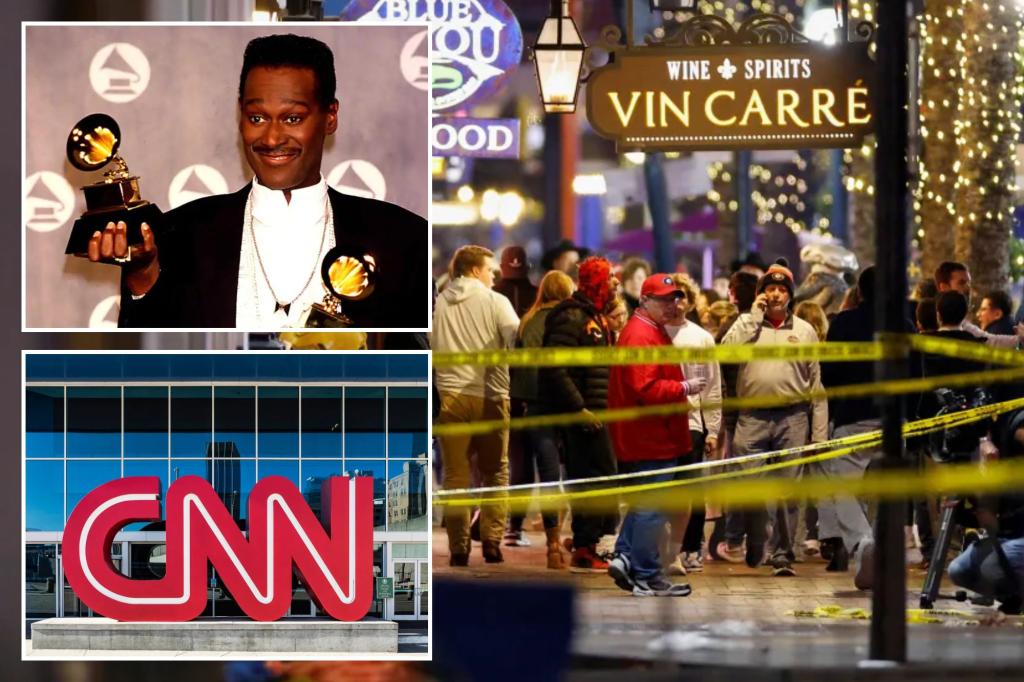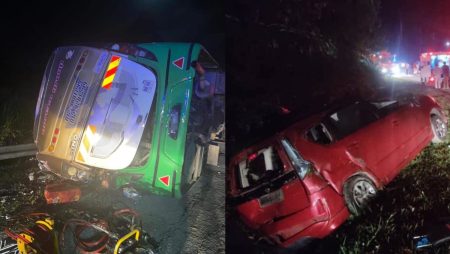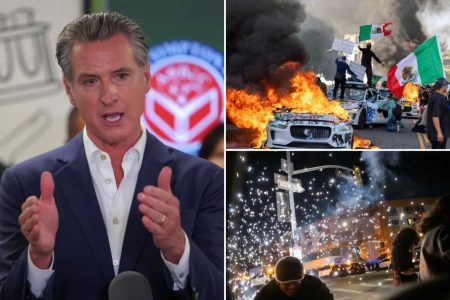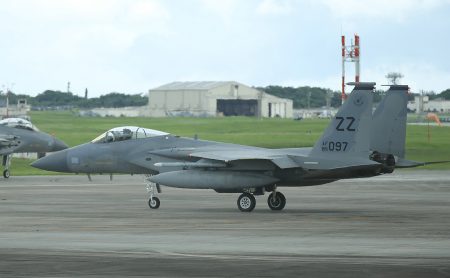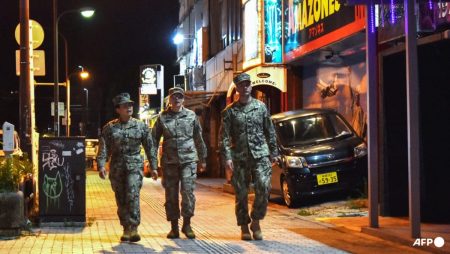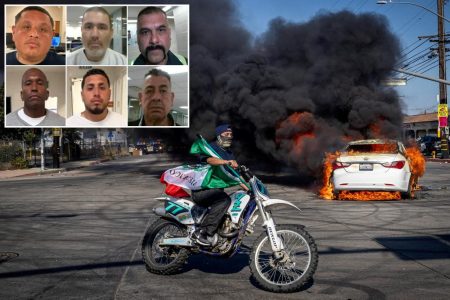The decision by CNN to air a two-hour documentary about the late singer Luther Vandross on New Year’s Day, just hours after a deadly terrorist attack in New Orleans, ignited a firestorm of criticism and accusations of misplaced priorities. The network’s choice to stick with its pre-scheduled programming rather than provide comprehensive coverage of the unfolding tragedy was widely condemned on social media and by former CNN employees, who expressed disbelief and disappointment at what they perceived as a profound lack of journalistic responsibility. The incident highlighted the growing tension between pre-planned content schedules and the need for breaking news coverage in the 24/7 news cycle.
The attack, which claimed the lives of at least 15 people and injured 30 others, occurred shortly after midnight on Bourbon Street as a pickup truck plowed into a crowd of New Year’s Eve revelers. The driver then exited the vehicle and engaged in a shootout with police officers, resulting in his death. The FBI classified the incident as an act of terrorism, and President Biden later revealed that the attacker had posted videos online expressing allegiance to the Islamic State group and a desire to kill. This context amplified the public’s outrage over CNN’s programming decision, with many arguing that the network should have prioritized reporting on this significant act of domestic terrorism.
Critics argued that CNN’s decision to proceed with the Luther Vandross documentary, titled “Luther: Never Too Much,” demonstrated a disturbing disregard for the victims, their families, and the gravity of the situation. Many saw the network’s choice as a symbolic failure to fulfill its duty to inform the public about critical events. The documentary, which originally premiered at the 2024 Sundance Film Festival, had been announced by CNN in November and was scheduled to air at 8 p.m. Eastern Time on New Year’s Day. This pre-planned scheduling, however, became a point of contention in the aftermath of the attack, with critics arguing that exceptional circumstances demanded flexibility and a shift in priorities.
The backlash against CNN was swift and widespread. Prominent figures on social media, including journalists and legal professionals, voiced their disapproval, accusing the network of being out of touch and insensitive. Gerard Baker, editor-at-large at the Wall Street Journal, called the decision “the biggest act of terrorism on US soil in almost a decade” being met with a Luther Vandross documentary in primetime, adding clown emojis to express his incredulity. Tom Sileo, an author and former CNN copy editor, called the decision “insane” and “disrespectful,” expressing disappointment in his former employer. Many other users echoed these sentiments, questioning CNN’s news judgment and commitment to covering crucial events.
While some acknowledged that Luther Vandross was a talented artist deserving of recognition, they emphasized that the timing of the documentary was inappropriate given the national crisis. The consensus among critics was that honoring a musical icon, while important, should not have taken precedence over reporting on a major terrorist attack on American soil. This sentiment underscored the public’s expectation that news organizations prioritize informing their audiences about critical events, especially those involving loss of life and national security concerns. The controversy further exposed the ongoing debate about balancing pre-scheduled programming with the unpredictable nature of breaking news, particularly in an era of heightened sensitivity to acts of violence and terrorism.
Despite the mounting criticism, CNN declined to comment on its programming decision. The network’s silence only fueled the outrage, leaving many to speculate about the rationale behind the choice. The incident served as a stark reminder of the challenges faced by news organizations in navigating the complexities of the modern media landscape, where competing demands for audience attention and adherence to pre-determined schedules can clash with the imperative to provide timely and relevant news coverage. The public’s reaction highlighted the expectation that news outlets prioritize informing their audiences about critical events, especially those with significant implications for national security and public safety. The controversy surrounding CNN’s decision underscored the importance of responsible journalism and the need for news organizations to adapt and respond effectively to unforeseen circumstances.
